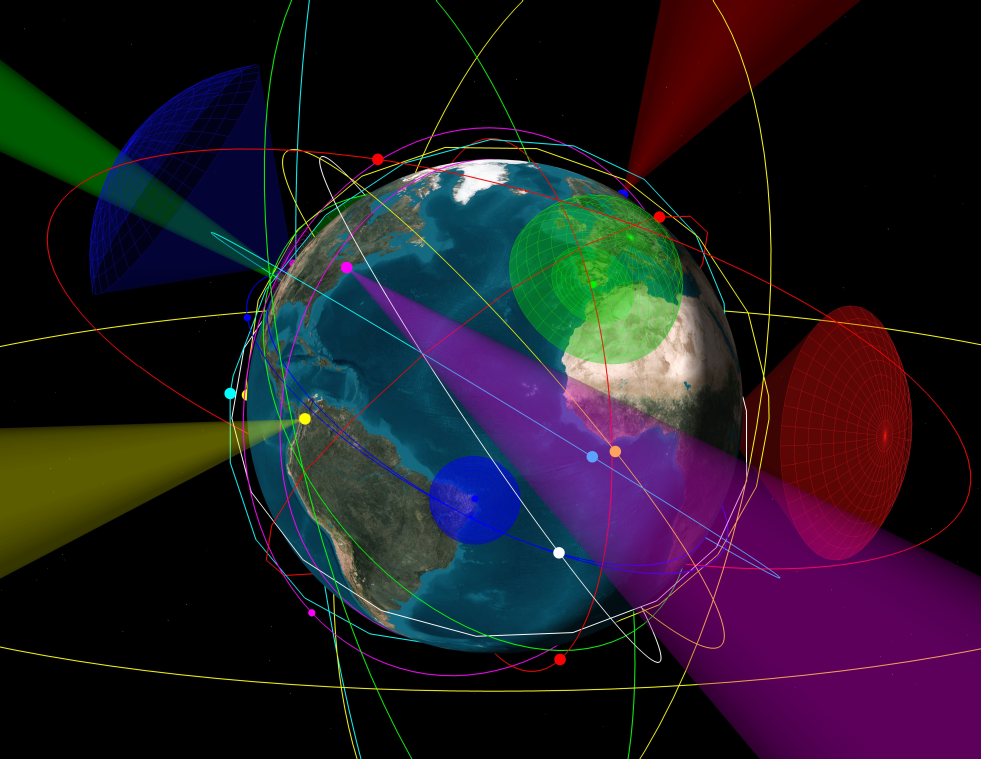Stouch, D., Freedman, S., and Ramser, N.
Presented at the Space Situational Awareness (SSA) conference, Kihei, HI (September 2015).

As the space environment becomes increasingly cluttered, the Space Surveillance Network (SSN) has the difficult challenge of tracking the hundreds of thousands of items in the space object catalog that might affect US space operations. The positional accuracy of space objects of interest (SOI), such as debris that may collide with satellites, degrades over time because they are not observed with sufficient frequency. Leveraging non-traditional (NT) sensors, such as commercial telescope networks and academic observatories, has the potential to increase the number of daily observations and the percentage of total objects effectively tracked, and thereby improve observation network reliability and resilience. However, incorporating NT sensors poses new challenges, such as understanding how to make use of observations from disparate sources and form them into a more unified system. Matching available sensors with specific regions of space and time, along with processing real-time observations based on emergent events, are also non-trivial tasks.
To address these challenges, we are developing a decision-support tool to Schedule Tasks for Alternate Resources using MBO Autonomous Planning (STARMAP). STARMAP is an intelligent, real-time planning and scheduling framework for market-based optimization (MBO) of space-observing sensor resources to improve Space Situational Awareness (SSA). Our approach involves modeling satellites, space debris, and telescope facilities as dynamic agents that, along with custom arbitrage agents, optimize the global schedule in a continuous, real-time manner. STARMAP is robust to external complications and effectively incorporates both high and low priority observation request tasks into a globally optimal schedule, and addresses the distribution of the resulting data. Task acceptance negotiation between STARMAP and the NT sensors allows schedule optimization based on variable levels of reliability and availability despite the time-shared nature of NT sensors. STARMAP identifies space catalog observation gaps and identifies high-value observations to supplement the dedicated sensors that collect traditional SSN observations.
For More Information
To learn more or request a copy of a paper (if available), contact Dan Stouch.
(Please include your name, address, organization, and the paper reference. Requests without this information will not be honored.)
